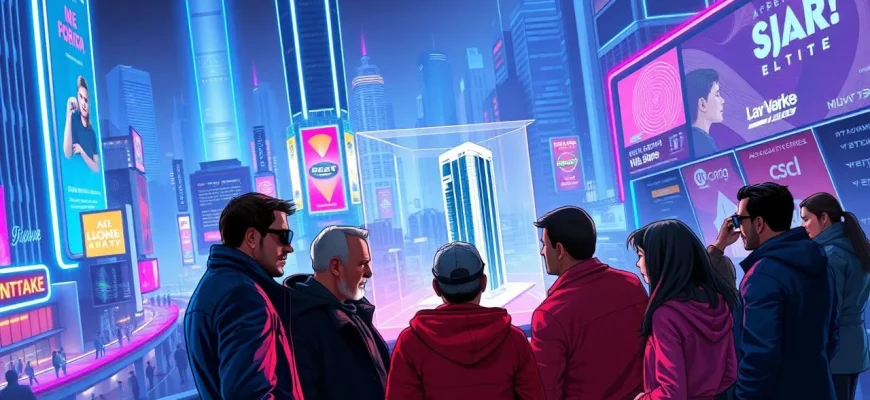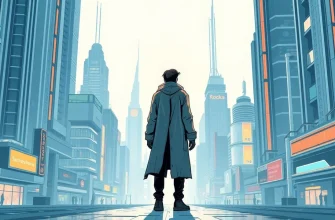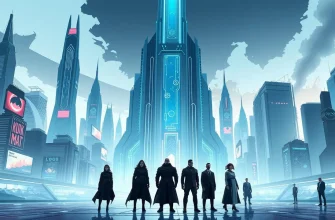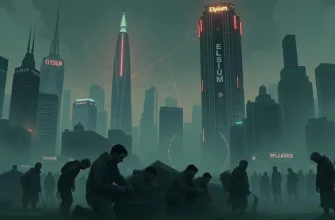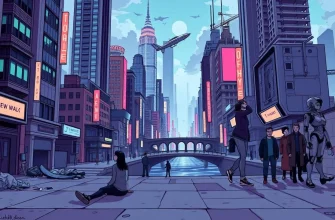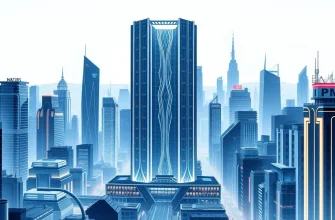This curated list of 10 sci-fi films delves into the intricate dynamics of high society in futuristic settings. These films not only entertain but also offer a critique on social stratification, technology's role in society, and the human condition within elite circles. Each film provides a unique perspective on how the upper echelons of society might evolve or devolve in the future, making this collection a must-watch for those interested in speculative fiction with a social twist.

Metropolis (1927)
Description: One of the earliest sci-fi films, it depicts a futuristic city where the working class lives underground while the elite enjoy a life of luxury above, highlighting class struggle.
Fact: Fritz Lang's masterpiece was one of the most expensive films of its time. Its influence can be seen in countless sci-fi films that followed.
 Watch Now
Watch Now 
A Clockwork Orange (1971)
Description: Stanley Kubrick's film explores themes of free will, violence, and societal control through the lens of a dystopian future where the elite manipulate the lower classes.
Fact: The film's use of Beethoven's music was controversial, as the main character, Alex, is a fan of the composer. Kubrick himself was a fan of the novel by Anthony Burgess.
 Watch Now
Watch Now 
Brazil (1985)
Description: Terry Gilliam's dystopian vision where bureaucracy and technology control every aspect of life, highlighting the absurdity of high society's obsession with control and efficiency.
Fact: The film was inspired by George Orwell's "Nineteen Eighty-Four" and Kafka's "The Trial." It was famously edited against Gilliam's wishes by Universal Studios.
 Watch Now
Watch Now 
Gattaca (1997)
Description: Set in a future where genetic engineering defines social status, this film examines the life of a man who aspires to transcend his "inferior" genetic makeup to join the elite.
Fact: The film's title is derived from the four nitrogenous bases of DNA: guanine, adenine, thymine, and cytosine. The movie was shot in sequence to help the actors with the emotional progression of their characters.
 Watch Now
Watch Now 
The Matrix (1999)
Description: While not explicitly about high society, the film's Matrix represents a controlled environment where the elite maintain power through illusion, making it a metaphor for societal control.
Fact: The Wachowskis developed the concept for "The Matrix" after reading "Simulacra and Simulation" by Jean Baudrillard. The film's "bullet time" effect was a groundbreaking visual technique.
 Watch Now
Watch Now 
The Island (2005)
Description: In this film, clones live in a controlled environment, believing they are the last survivors of humanity, while the real world's elite use them for organ harvesting.
Fact: The film was inspired by the 1979 film "Parts: The Clonus Horror." Michael Bay directed, and the film features a high-concept plot with significant visual effects.
 Watch Now
Watch Now 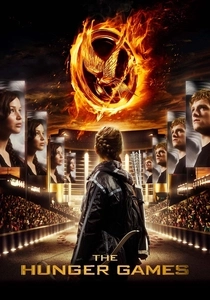
The Hunger Games (2012)
Description: This film portrays a dystopian society where the Capitol, a symbol of high society, controls the districts through a brutal annual event. It's a critique of class division and entertainment at the expense of the less fortunate.
Fact: The film's costume designer, Judianna Makovsky, won a Saturn Award for Best Costume Design. The Capitol's fashion was inspired by Alexander McQueen's avant-garde designs.
 Watch Now
Watch Now 
Elysium (2013)
Description: In this film, the wealthy live on a luxurious space station, Elysium, while the rest of humanity suffers on a ruined Earth. It explores themes of class disparity and healthcare access.
Fact: The film was shot in Vancouver, Canada, and Mexico City, with the latter's skyline used to represent the Earth's slums. The Elysium space station was entirely CGI.
 Watch Now
Watch Now 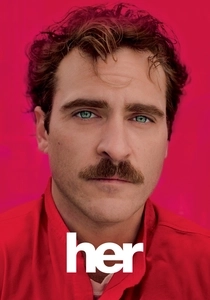
Her (2013)
Description: This film looks at a near-future where a man falls in love with an AI, exploring themes of loneliness, technology, and the evolving nature of relationships in high-tech society.
Fact: Spike Jonze wrote the screenplay with the intention of exploring the human condition through the lens of technology. The film won the Academy Award for Best Original Screenplay.
 Watch Now
Watch Now 
The Lobster (2015)
Description: In this surreal world, single people are given 45 days to find a romantic partner or be turned into animals. It satirizes societal expectations and the pressures of conformity.
Fact: The film was shot in Ireland, and the director, Yorgos Lanthimos, used a mix of known and unknown actors to create an unsettling atmosphere.
 Watch Now
Watch Now 
